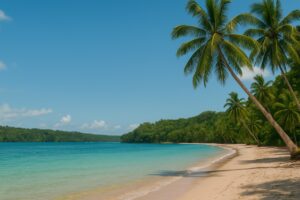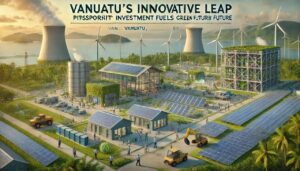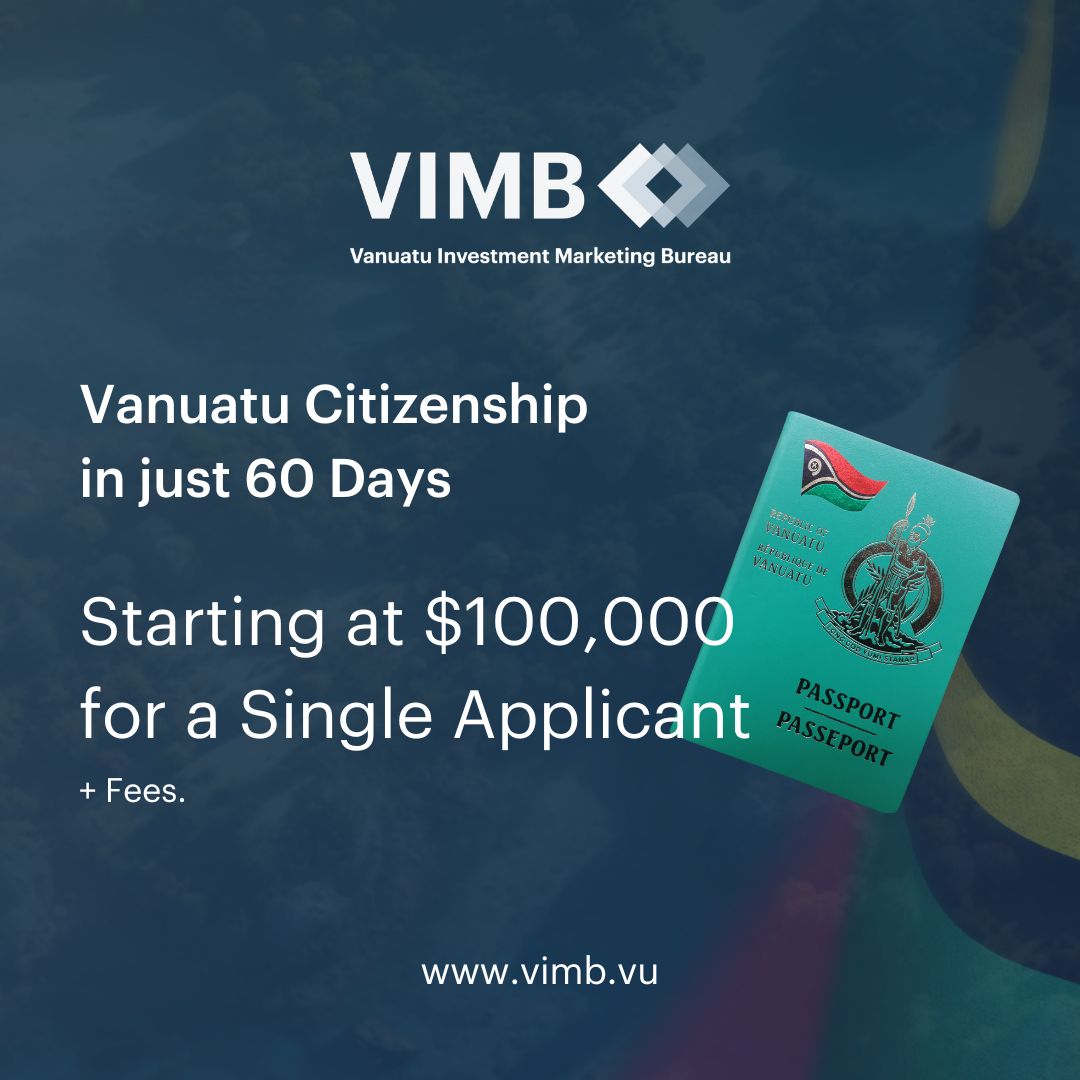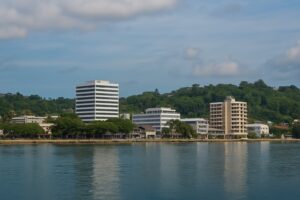Vanuatu: Leading a Climate Resilience Charge for Island Nations
Vanuatu, a small island nation in the Pacific, has been at the forefront of climate change challenges, grappling with the harsh impacts of natural disasters including volcanic eruptions, earthquakes, and increasingly severe cyclones. However, Vanuatu is not merely succumbing to these challenges; it is also leading the charge in combating them. In the past decade, the World Bank has collaborated with the Vanuatu government to develop the skills and infrastructure necessary to tackle these issues, potentially serving as a model for other small island states as climate effects intensify globally.
Local experts, deeply committed to their homeland, spearhead this resilience revolution in Vanuatu. Dr. Esline Garaebiti, a trailblazer as one of the Pacific’s first female geoscientists and a laureate of the Women’s International Network for Disaster Risk Reduction Leadership Award, serves as the Director General of Vanuatu’s Ministry of Climate Change. Originally from a volcanic island, Esline’s passion for earth science was kindled during her undergraduate studies, a field she has dedicated her career to. She began her professional journey with a French organisation, establishing Vanuatu’s initial geohazard monitoring in 1997, later advancing to become the geohazards manager for the government of Vanuatu, before assuming her present role in 2020.
Tevi Obed, the World Bank’s Senior Disaster Risk Management Specialist in Vanuatu, offers a lifetime of firsthand experience with disasters and hands-on disaster risk management. Having maintained long-standing relationships with government officials since his school days, Tevi brings a unique perspective and trust to his role. He articulates, “My contribution to our partnership with the government is to remain relevant, trusted, and strategic in the long term. I am here to stay.”
Vanuatu’s monitoring network has seen substantial improvements due to the collaboration between the World Bank and the Vanuatu government. The World Bank supported the development of an advanced seismic monitoring network connected to a national multi-hazard warning centre, enabling local seismologists to track up to 100 earthquakes daily. This system proved its worth in 2017 when a major eruption on Ambae Island necessitated the evacuation of 11,000 residents, underlining the network’s critical importance.
Beyond earthquakes and volcanic activity, Vanuatu faces increased frequency and intensity of cyclones. The most severe storm ever recorded in the South Pacific hit in 2015, causing extensive damage. In response, the World Bank invested US$50 million in Vanuatu for the construction and repair of 50 kilometres of roads and the rebuilding of 42 schools and 26 buildings across 20 islands. These enhanced, climate-resilient structures now double as community shelters during cyclones.
The scope of Vanuatu’s resilience efforts extends beyond disaster risk management. The country has set ambitious climate targets with the United Nations, pioneering approaches for small island states in addressing climate change. Vanuatu is classified as carbon negative, absorbing more carbon dioxide through its forests and oceans than it emits. Nevertheless, it actively seeks to reduce dependence on fossil fuels and mitigate other carbon emissions. Initiatives range from adopting electric buses to enhancing energy efficiency and addressing the irreversible damage caused by rising sea levels and warming oceans—the concept known as “loss and damage” at the United Nations.
Vanuatu is spearheading efforts to establish a finance facility for “loss and damage”, separate from existing U.N. mechanisms. This facility would support climate insurance for housing, infrastructure, crops, and other assets, as well as meet the needs of people displaced by climate disasters.
The Small Island States Resilience Initiative (SISRI), facilitated by the Global Facility for Disaster Reduction and Recovery (GFDRR), helps small island states build substantial resilience investments to withstand climate change impacts. SISRI provides timely, expert assistance in flood and landslide risk assessment, safer infrastructure, social and financial safety nets, and capacity building. Through a global community of practice, SISRI connects island practitioners with each other and with global expertise in building resilience.
In conclusion, Vanuatu’s resilience revolution is a prototype for small island states confronting the impacts of climate change. Through dedicated local experts, enhanced monitoring networks, ambitious climate targets, and support from organizations like the World Bank and GFDRR, Vanuatu is paving the way for resilience and adaptation to an evolving climate.
Data:
- World Bank: Inside Vanuatu’s Resilience Revolution: A Blueprint for Small Island States
- World Bank: Tiny island nation lays out big plans for climate change – E&E News
- GFDRR: Small Island States Resilience Initiative (SISRI)










